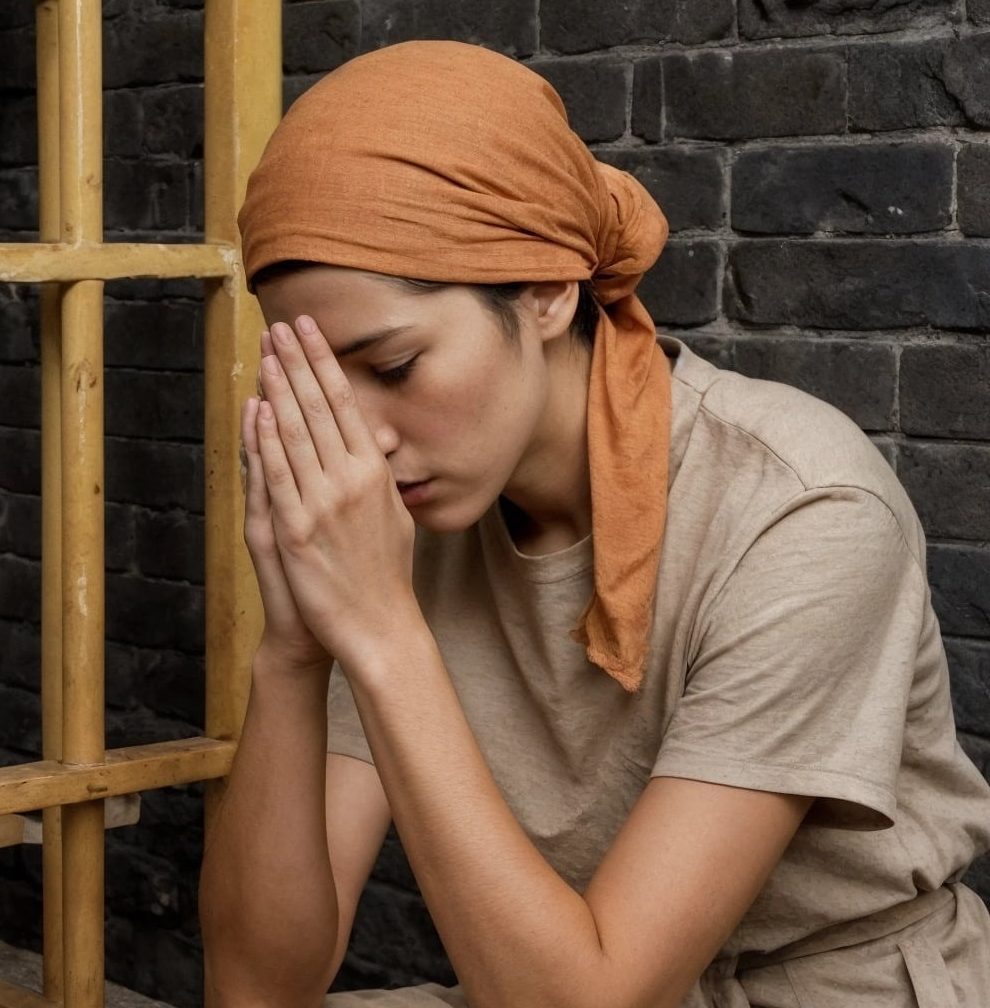For nearly a decade, I devoted my nights to scrupulously maintaining every inch of his upscale office. The man who sat behind the grand desk remained oblivious to the fact that I was the mother of the child he abandoned during our high school days.
At seventeen, when I found out I was expecting, it was the final year of my studies in Voronezh. My aspirations were focused on graduation and stepping into a new, promising chapter of life. Nikolai Orlov, the charismatic son of a distinguished family, was my classmate. Contrastingly, I was the quiet girl, a child of humble origins: my father a shoemaker and my mother a vendor at the market.
Upon revealing my pregnancy to Nikolai, his complexion drained of color.
“Are you certain?” he asked in a hushed tone.
“I have not been with anyone else, Nikolai. This child is yours.”
From that moment, he severed all contact. His parents enrolled him in a school abroad in England. Shortly thereafter, my mother discovered the medical documents concealed in my bag.
“Do you want to bring shame upon us? Find the father!” she demanded.
“Mother, I am without refuge…”
>
“Then find one elsewhere. Sinners have no place here.”
Alone and fearful, I navigated a harsh path with my growing pregnancy. I sheltered in near-deserted homes, laundered clothes for strangers, and sold fruit in the market—whatever it took to survive. When the time came, I gave birth in the shadow of a midwife’s home beneath a weathered apple tree.
“He’s truly beautiful,” the midwife whispered gently.
“What will you name him?”
“Kirill, for what is willed by a higher power cannot be erased by anyone.”
Life became an uphill battle. Kirill and I endured cold nights on scavenged mattresses and days of hunger. At six, my son asked:
- “Mama, where is my father?”
- “He has gone far away, my dear. Perhaps one day he will find his way back.”
- “Why hasn’t he called?”
- “Maybe he lost his way.”
But that path was never found by him.
When Kirill was nine, a serious illness took hold of him.
“The surgery needed is straightforward but will cost sixty thousand rubles,” the doctor explained.
I sold my ring and borrowed from anyone willing to help, yet it still wasn’t enough.
Eventually, I laid him to rest, placing a worn photograph and his small blue blanket inside his coffin.
“Forgive me, my beloved. I could not keep you here.”
Soon after, I moved to Moscow, seeking a life free from pain.
A cleaning company employed me to work night shifts at G4 Holding, a prominent tech corporation in Moscow-City.
“Wear the brown uniform. No interactions with executives—just clean,” my supervisor ordered.
On the seventh floor, an opulent office with golden handles and plush carpeting stood out. The nameplate read: “Nikolai Orlov – CEO”.
My heart skipped a beat. Could this man truly be him?
He had transformed – broader physique, perfectly tailored suit, and a hint of expensive cologne—yet his eyes retained the same sharp, proud expression, untouchable.
Nightly, I arranged his papers, polished his glass desk, and emptied his bins, all while he passed by without recognizing me.
One evening, my ID badge slipped to the ground.
“Anna,” he read aloud. “That name rings a bell. Are you from Voronezh?”
With a forced smile, I replied, “No, sir.”
He nodded and resumed work at his laptop.
Later, I overheard his laughter with coworkers.
“Back in high school, I impregnated a girl,” he joked. “She insisted the baby was mine. You know how some girls are—they’ll say anything for attention.”
Their laughter echoed across the marble floor.
I dropped the mop, rushed to the restroom, and cried until my vision blurred.
Key Insight: Sometimes the wounds left by indifference cut deeper than words ever could.
Torn inside, I penned a letter with trembling hands:
“I remember you, even if you have forgotten me. I watched our son fight for each breath. You never returned. Every night, I have cleaned up your mess – not only the dust on your floor but the shadows within your soul.”
I slipped the note beneath his coffee cup.
The next day, I requested a transfer. It was unbearable to pass by him any longer.
Two weeks later, a woman in a pristine white suit appeared at my door, her features softer than his.
“Are you Anna?” she asked.
“Yes.”
“I’m Nikolai’s elder sister. Your letter moved him to tears. He never knew the truth. Our parents told him you had terminated the pregnancy.”
“No,” I said firmly. “Kirill lived for nine years. He endured cold, hunger, and illness. He waited for his father.”
Tears filled her eyes.
“Nikolai visited the cemetery. He found the grave. He wants to meet with you—not only seeking forgiveness but hoping to make amends.”
I gazed at her, overwhelmed. How could one mend a bond that time had torn apart?
Yet my son’s name—Kirill—lingered on my lips like a sacred vow.
“I will meet him,” I finally replied.
“Not for him, but for Kirill. Because decisions made by fate are beyond erasure.”
Reflecting on this journey reminds us that the echoes of our past can reverberate across a lifetime. Though some wounds feel insurmountable, the hope for reconciliation can inspire healing and truth. The story highlights the profound endurance of a mother’s love and the complex threads tying lives together despite long absence or silence.
